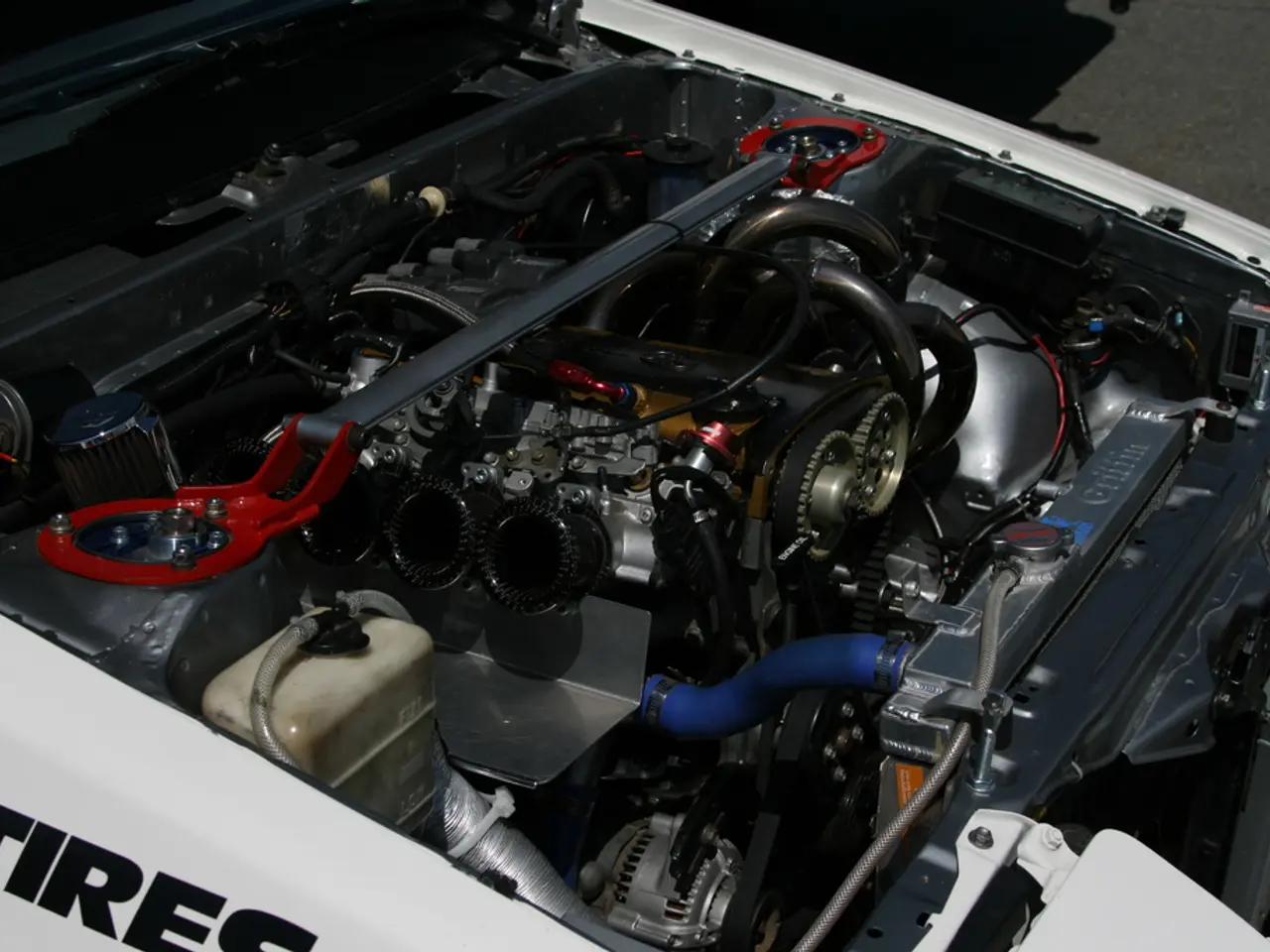Panasonic Energy initiates large-scale manufacturing of automotive lithium-ion batteries at a new factory in Kansas, striving to achieve an annual production capacity of 32 gigawatt-hours to boost domestic battery production in the US.
Panasonic Opens New EV Battery Factory in Kansas, Boosting U.S. Production
Panasonic Energy has officially opened a new lithium-ion battery factory in De Soto, Kansas, marking a significant step forward in the company's commitment to advancing the electric vehicle (EV) industry. The factory, spanning approximately 300 acres, is one of the largest automotive battery plants in North America and represents a $4 billion investment.
The factory began mass production of 2170 cylindrical lithium-ion battery cells in July 2025. Panasonic Energy aims to establish an annual production capacity of approximately 32 gigawatt-hours (GWh) at the Kansas Factory, making it one of the largest EV battery manufacturing sites in North America. This move is expected to create around 4,000 jobs directly and approximately 8,000 jobs in total.
The Kansas Factory is a strategic addition to Panasonic's existing Nevada gigafactory, which has an annual capacity of about 41 GWh. Once both facilities are fully operational, Panasonic Energy’s combined U.S. production capacity will total approximately 73 GWh annually. This dual-region production strategy aims to significantly ramp up domestic EV battery supply, support growing automaker demand, and enhance supply chain resilience in the U.S.
Panasonic Energy's high-capacity lithium-ion cells feature an industry-leading volumetric energy density of 800 Wh/L. These cells have powered approximately 3.7 million EVs and have caused no vehicle recalls to date. The company's focus on reducing foreign supplier reliance and improving supply chain resilience through domestic manufacturing is evident in the Kansas Factory's operations.
In addition to its production goals, Panasonic Energy is also nurturing the next generation of battery talent with its focus on the region. The company is collaborating with institutions such as the University of Kansas to promote long-term industry-academia partnerships. The Kansas Factory is a testament to Panasonic Energy's long-term commitment to investing in and advancing the electric vehicle industry.
The grand opening ceremony for the Kansas Factory was held on July 14, signifying a major milestone in Panasonic Energy's efforts to accelerate the shift to electrification in the United States. The factory's operations are expected to reinforce regional supply chains and contribute to the reduction of CO2 emissions through the widespread adoption of electric vehicles.
- The manufacturing sector, specifically the electric vehicle (EV) industry, receives a boost with Panasonic Energy's $4 billion investment in a new lithium-ion battery factory in De Soto, Kansas.
- In the realm of North American automotive battery plants, the Kansas Factory stands as one of the largest, with an aim to achieve an annual production capacity of approximately 32 gigawatt-hours (GWh).
- The Kansas Factory's focus on reducing foreign supplier reliance and improving supply chain resilience extends to the cultivation of the next generation of battery talent through its collaborations with institutions like the University of Kansas.
- The factory's operations not only contribute to the creation of around 4,000 direct jobs, but also approximately 8,000 jobs in total, showcasing the potential impact of this investment on the local business and finance landscape.
- In the grand scheme of Panasonic Energy's goals, the Kansas Factory marks a strategic step towards advancing the EV industry, leveraging fintech, data-and-cloud-computing, real-estate, and technology to driveinnovation and reduce carbon emissions in the energy sector.




